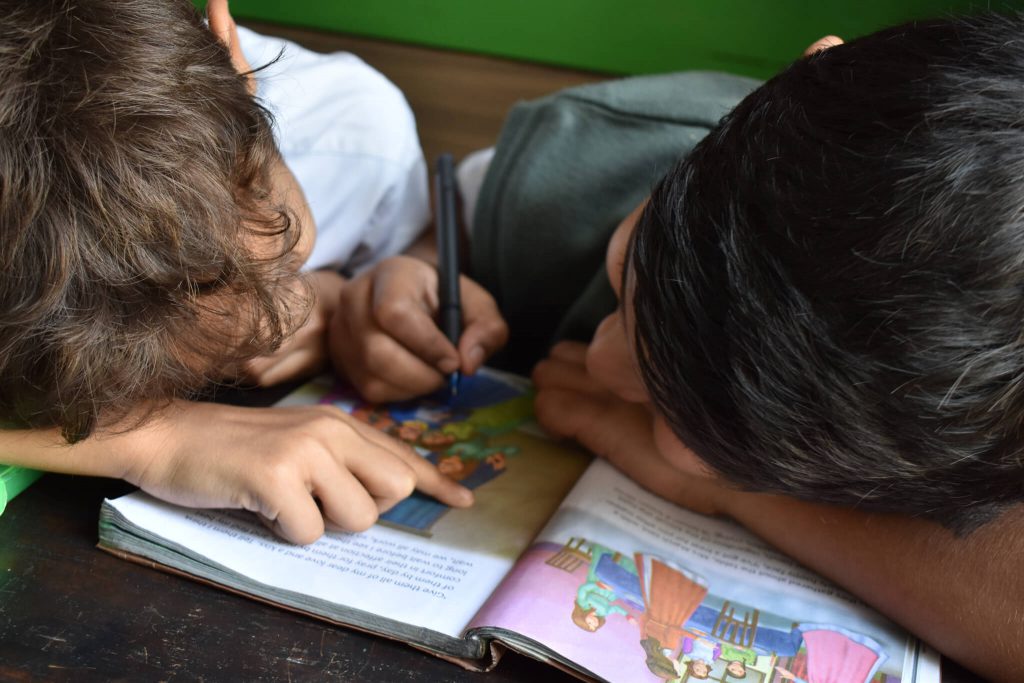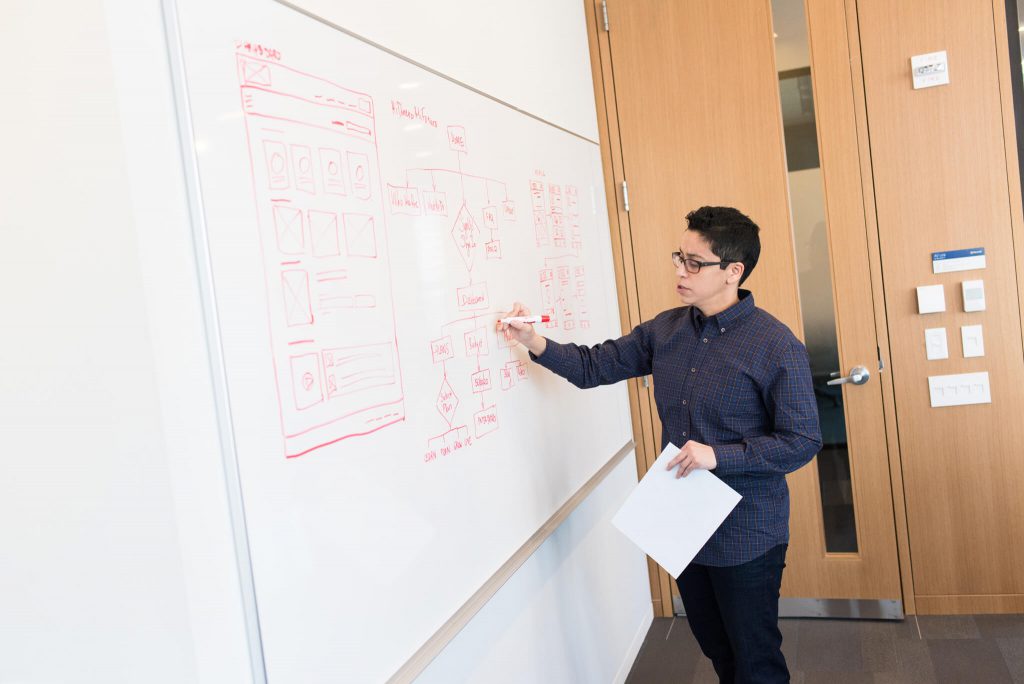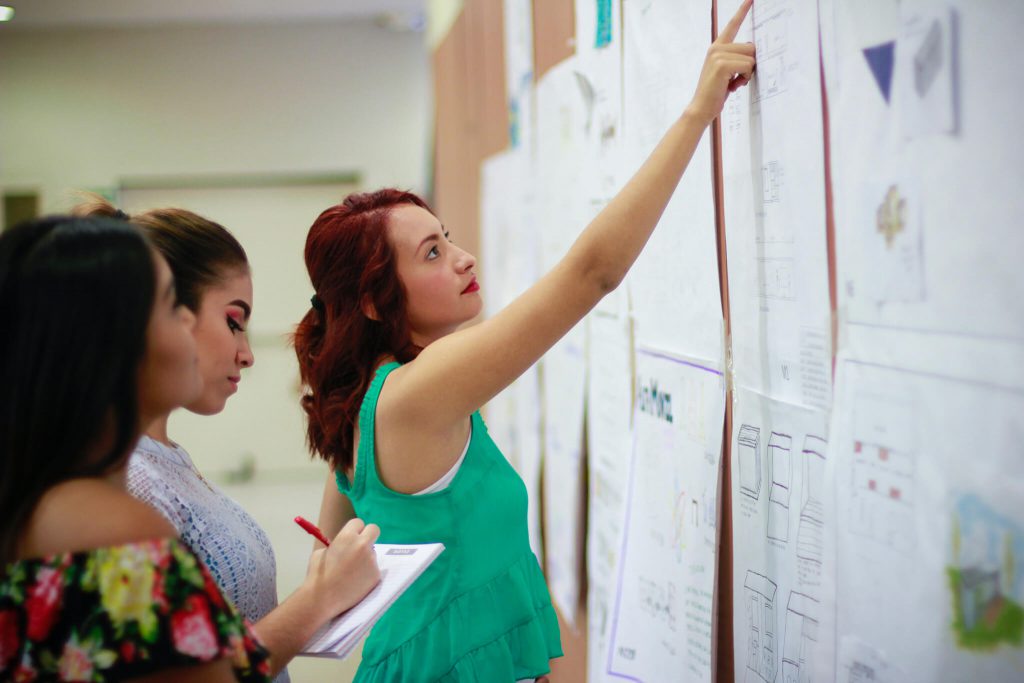Eligibility
In order to apply for a place on our courses you must have:
- A UK undergraduate degree or a recognized equivalent qualification * (Usually, at least 50% of your degree should be directly relevant to the subject you wish to teach. However, applicants who have a degree in a non-related subject but have significant work experience relevant to the subject they wish to teach may also be considered.)
- A grade 4/C GCSE in English and Mathematics, or equivalent *
- A grade 4/C GCSE in a Science subject, or equivalent * if you intend to train to teach at Primary level
* UK NARIC verification is required for all overseas degree and GCSE equivalent qualifications. You can check your overseas qualifications at the NARIC website.
If using IELTS for English GCSE equivalence, then we require an overall score of 6.5.
IELTS (Academic) (International English Language Testing System, Academic Test) is an internationally recognized system for demonstrating fluency in English (Listening, Reading, Writing and Speaking).
If you are not sure about eligibility, please contact us to arrange a phone conversation about your situation.
You can also read more about eligibility on the Get Into Teaching website.
Subject knowledge for secondary teaching
Usually we require at least 50% of your degree to be in the subject you want to teach however this is not an absolute rule. You may have relevant work experience to add to your degree or further study in a closely related area. If unsure, please ask.
There are a number of Subject Knowledge Enhancement courses that will help if you feel the need to refresh your subject knowledge. We can discuss these programmes at interview and they may receive funding from Department for Education.
Primary with mathematics
You may be interested in following a primary course with additional maths specialism. Please discuss this at interview if you would like towards being a maths/numeracy lead in a primary school in the future.


